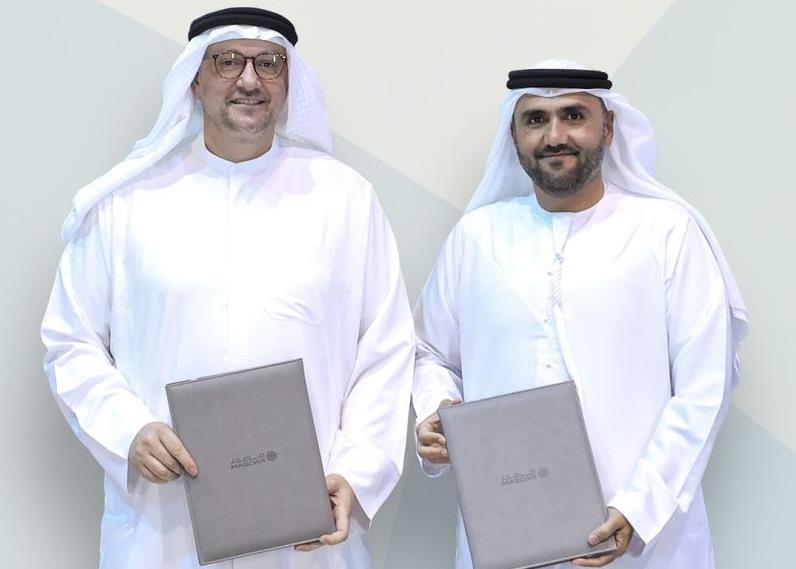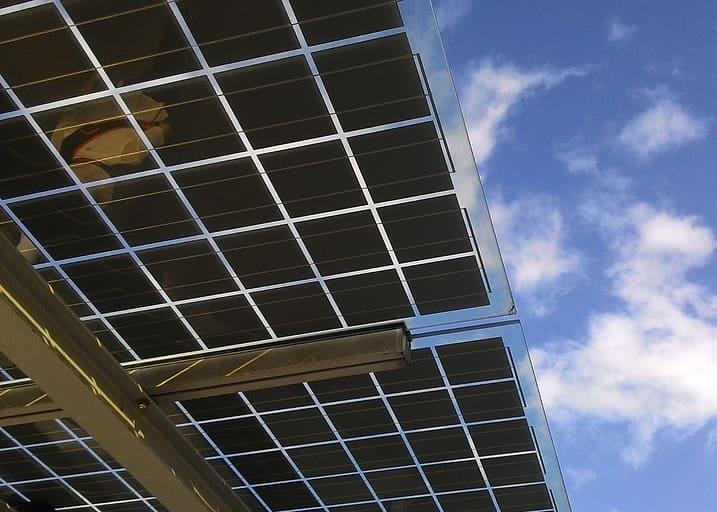
Just 7 per cent of $946bn worth of deals planned for 2009 have been made in first seven months of the year.
Clients across the Middle East and North Africa have so far made just 7 per cent, or $64.5bn, of the $946bn worth of construction and infrastructure contract awards they had planned this year, according to regional projects tracker MEED Projects-CMI.
The figures reveal the impact of the global financial crisis on the region’s construction and infrastructure markets, with only a small fraction of the deals forecast prior to the economic collapse now going ahead.
Many Gulf-based developers had announced plans to award massive contracts on new projects in both their domestic markets and new markets such as North Africa.
However, so far this year, only Iran has made more than half the contract awards it planned. Iranian developers gave out $8.6bn worth of contracts in the first seven months of 2009, 75 per cent of the $11.5bn worth of work they expect to award for the year.
| Contract awards in the Middle East and North Africa | ||
|---|---|---|
| Value, $bn | ||
| 2008 | 2009 | |
| Algeria | 2.19 | 0.49 |
| Egypt | 2.22 | 7.13 |
| Iran | 1.42 | 8.68 |
| Iraq | 2.10 | 1.60 |
| Libya | 12.02 | 2.17 |
| Morocco | 0.11 | 3.82 |
| Oman | 5.76 | 1.36 |
| Qatar | 11.46 | 1.28 |
| Saudi Arabia | 12.05 | 21.87 |
| UAE | 59.44 | 13.27 |
| Source: MEED Projects-CMI | ||
The next best performer is Oman, which has already issued $1.4bn worth of contracts, or 20 per cent of the $7bn worth of awards it had planned. However, if it awards all of the $3.3bn worth of work it is currently tendering, it will have given out 67 per cent of its planned contracts.
The rest of the region has not performed so well. With the exception of Morocco, at 17 per cent, and Saudi Arabia, at 13 per cent, no country has awarded more than 10 per cent of its planned contracts so far this year.
Morocco has awarded $3.8bn worth of contracts out of a planned total of $22.2bn. Saudi Arabia has awarded $21.9bn of the $172bn worth of contracts it had planned.
Although developers have delayed awards on infrastructure schemes, the main cause of the shortfall is the real estate sector, in particular the suspension of activity on the multi-billion-dollar master-planned cities that developers want to build across the region.
Dubai was the region’s most active construction market in 2008, with $39bn worth of contract awards. So far this year, the UAE as a whole has awarded just $13.2bn worth of contracts as developers suspend tenders on swathes of planned projects.
Construction on the Dubai Waterfront project to create a new city of 1.5 million people stopped in October last year. Work also came to a halt on Dubai’s Palm Islands in December 2008, and the development of Dubailand slowed at the same time.
Dubai and the rest of the UAE had planned to award $288bn worth of contracts this year. However, developers have formally put on hold $12bn worth of contracts and have informally delayed other projects worth many billions of dollars, including the $54bn Bawadi scheme in Dubailand.
Although Dubai’s problems are the most severe, the emirate is not alone in suffering a construction slump. Developers have delayed similar projects in neighbouring Abu Dhabi and other countries across the region, including Algeria, Egypt, Jordan, Saudi Arabia, Tunisia and Yemen.
Dubai-based developers have backed many of these projects. In Egypt, the UAE’s Damac Properties has delayed work on its $16bn Gamsha Bay project, and Sama Dubai has suspended its $600m Dubai Towers and $300m Chrifia Oasis schemes.
Dubai-based Emaar Properties has the most projects planned across the region but has delayed contract awards on $27bn worth of projects in Egypt, Algeria and Morocco.
Abu Dhabi-based Al-Mabaar had planned to make major awards on its $10bn City of Roses development in Tunisia, and Abu Dhabi’s Al-Qudra Real Estate was expecting to move ahead on $626m worth of projects in Mostaganem and Sidi Faraj, Algeria.
Outside the UAE, Bahrain-based Gulf Finance House planned to make major awards on its $3bn Bouinan Economic Development Zone and its $5bn Energy City in Libya.
Doha-based Qatari Diar Real Estate Investment Company wanted to award contracts on its $1bn Nile Corniche Towers and $450m Sharm el-Sheikh resort in Egypt, and its $660m Al-Hourara development in Morocco.
Similarly, Qatar’s Barwa Real Estate has failed to make the awards it planned on $2.3bn worth of development projects in Libya.
Gulf-based developers have delayed projects because property sales have dried up, starving them of the cash they need to start new developments. For example, in the first six months of this year, Abu Dhabi’s largest developer, Aldar Properties, failed to sell any land, and other developers across the region have experienced similar difficulties (MEED 14:8:09).
However, there is a chance that the contracts market will still grow compared with last year.
If clients award half of the contracts that are currently out to tender before the end of this year, which is possible, then the total value of real estate and infrastructure awards in the region will grow to $120bn.
But even if the region’s developers do award $120bn worth of contracts by the end of December, they will still fall way short of their planned awards.
Only Iran, Lebanon, Morocco, Oman, Saudi Arabia and Syria will award more than 30 per cent of the contracts they had planned to award this year, provided awards are made on half of the contracts currently out to tender.
You might also like...

Neom seeks to raise funds in $1.3bn sukuk sale
19 April 2024

Saudi firm advances Neutral Zone real estate plans
19 April 2024

Algeria signs oil deal with Swedish company
19 April 2024

Masdar and Etihad plan pumped hydro project
19 April 2024
A MEED Subscription...
Subscribe or upgrade your current MEED.com package to support your strategic planning with the MENA region’s best source of business information. Proceed to our online shop below to find out more about the features in each package.




